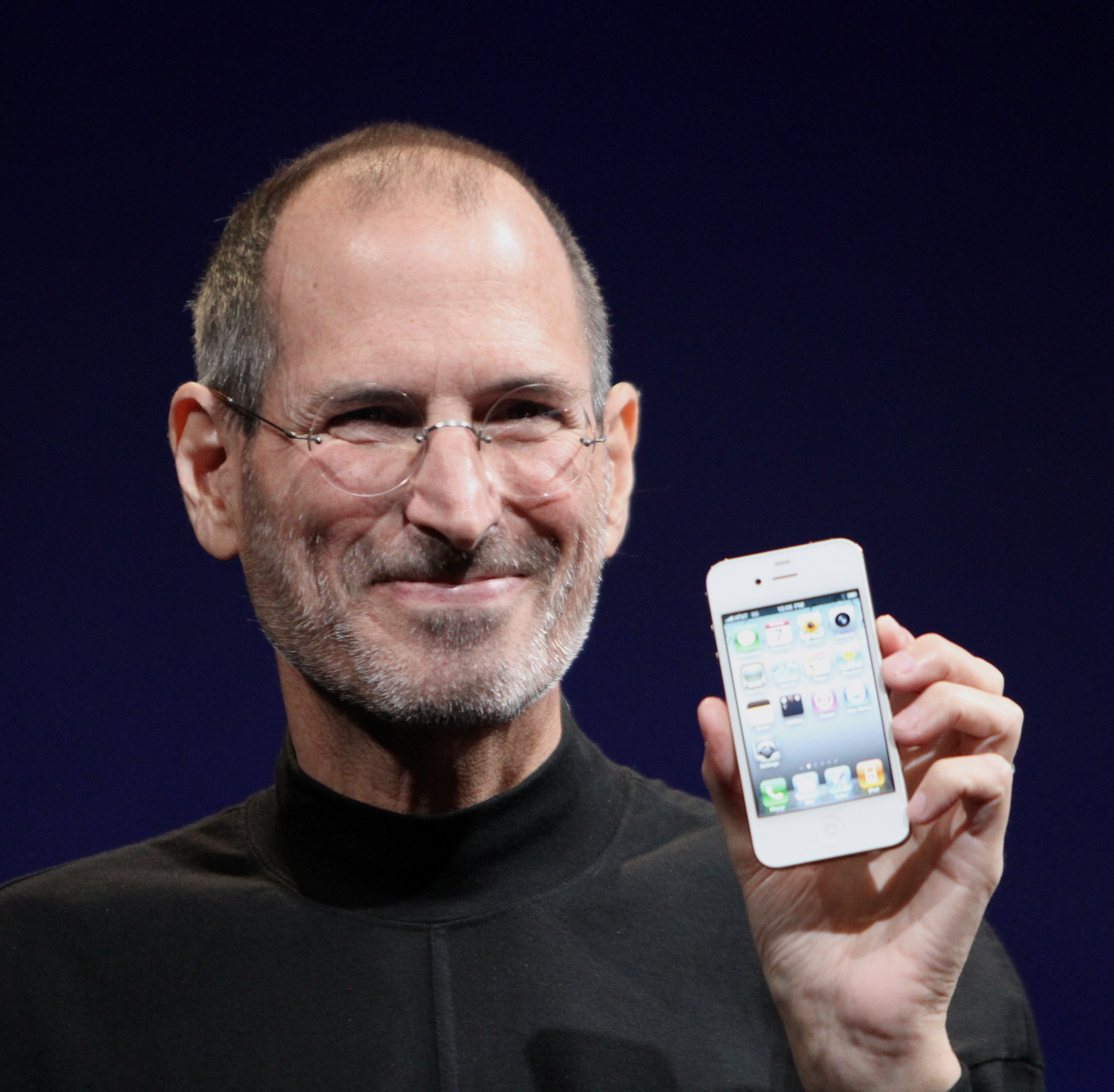 What happened to childhood? Childhood, when parents allowed kids to be kids, to wonder, to experiment, to simply spend time lost in their imagination? How was childhood before it became disrupted and hacked by the contagion of consumerism and the hypercomeptitive society as a direct result of our western style hypercapitalism? In the age of Silicon Valley’s idolized and worshiped “hippy-capitalist” false prophets (Steve Jobs, Mark Zuckerburg) and the economic uncertainties and inequalities caused by the casino that Wall Street has become, it is most critical than ever for parents to raise educated and smart kids with a chance to succeed in the modern day economic jungle.
What happened to childhood? Childhood, when parents allowed kids to be kids, to wonder, to experiment, to simply spend time lost in their imagination? How was childhood before it became disrupted and hacked by the contagion of consumerism and the hypercomeptitive society as a direct result of our western style hypercapitalism? In the age of Silicon Valley’s idolized and worshiped “hippy-capitalist” false prophets (Steve Jobs, Mark Zuckerburg) and the economic uncertainties and inequalities caused by the casino that Wall Street has become, it is most critical than ever for parents to raise educated and smart kids with a chance to succeed in the modern day economic jungle. In a society where the top 10% collect the top 50% of household income, it is evident how competition becomes way of life. The emergence and popularity of hyperelite schools and private tutoring companies from preschool all the way through college with extremely high tuitions is only one sign of the desperation parents feel trying to prepare their kids for this hypercompetitive society. There is such emphasis on success, grades and “winning” that kids these days have very little time to be kids: to play, to wonder, to not care, to make mistakes and learn from them. What’s most disturbing is how corporations are exploiting and feeding this fear and anxiety parents feel about their kids’ future. As detailed in this New York Times article on the overdiagnosis epidemic of Attention Deficit Disorder (ADD), more than ever drug companies are aggressively marketing ADD drugs to parents, schools and directly to kids, less as a drug with negative side effects and more as a supplement to help kids do well in school and be more “productive”. Very rarely these drug companies openly discuss or disclose all the negative side effects of these drugs and their long term effects on behavior and brain chemistry.
In a society where the top 10% collect the top 50% of household income, it is evident how competition becomes way of life. The emergence and popularity of hyperelite schools and private tutoring companies from preschool all the way through college with extremely high tuitions is only one sign of the desperation parents feel trying to prepare their kids for this hypercompetitive society. There is such emphasis on success, grades and “winning” that kids these days have very little time to be kids: to play, to wonder, to not care, to make mistakes and learn from them. What’s most disturbing is how corporations are exploiting and feeding this fear and anxiety parents feel about their kids’ future. As detailed in this New York Times article on the overdiagnosis epidemic of Attention Deficit Disorder (ADD), more than ever drug companies are aggressively marketing ADD drugs to parents, schools and directly to kids, less as a drug with negative side effects and more as a supplement to help kids do well in school and be more “productive”. Very rarely these drug companies openly discuss or disclose all the negative side effects of these drugs and their long term effects on behavior and brain chemistry.
It is obvious why these drugs are attractive to parents in the age of social media and constant stimulation, who want to help their kids climb up the hypercompetitive education ladder. The irony here is that Big Pharma has turned these drugs into cash cows for its balance sheets by attempting to treat attention disorder which is itself a direct symptom of the age of social media and iPhones, two technologies that are themselves cash cows for Silicon Valley. Parents and kids seem to be caught and financially exploited in the middle of this lucrative cycle of kids being bombarded by stimuli facilitated by Social Media and Advertising companies for their attention while drug companies are offering an expensive and dangerous antidote to Silicon Valley’s attention disruptions. Here both Big Pharma and Silicon Valley win but how about kids and their parents?
Aside from acting as antidotes to Social Media’s 24/7 attention hacks, these drugs are a necessary evil for parents, most of whom these days are themselves struggling professionally to keep up with this hypercompetitive economy leaving them little time or patience to devote to their kids. And of course we have seen the alternative scenario where for some affluent parents who do have the time and patience, they become obsessive helicopter parents often attempting to overcompensate for their own lack of career with turning parenting into a job and constantly demanding results and accomplishments. This of course is another negative symptom of today’s society where people are judged by their careers and professional accomplishments.
 And what is the result of this onslaught of overmedication, private education, helicopter parenting, and forced learning on kids? What happens when sense of wonder and experimentation is simply either exploited by social media and advertising companies or it has to be suppressed by dangerous ADD drugs? Is there a space in between for kids to get lost in the solitude of their imagination safe from the attention disruptions of Silicon Valley, Big Pharma and for-profit Education? And what happens to these kids when they grow up and do succeed and are able to climb up the education, corporate, financial ladders? How does what they lost: their childhood, impact their adult life?
And what is the result of this onslaught of overmedication, private education, helicopter parenting, and forced learning on kids? What happens when sense of wonder and experimentation is simply either exploited by social media and advertising companies or it has to be suppressed by dangerous ADD drugs? Is there a space in between for kids to get lost in the solitude of their imagination safe from the attention disruptions of Silicon Valley, Big Pharma and for-profit Education? And what happens to these kids when they grow up and do succeed and are able to climb up the education, corporate, financial ladders? How does what they lost: their childhood, impact their adult life?
My opinion is that kids who never had a childhood (See Michael Jackson and other celebrities) often never truly develop mature social intelligence. They simply grow up to become emotionally distant and socially confused, hypercompetitive and hyperproductive “adults”, often attempting to remedy their loneliness and status anxiety with titles, wealth and status symbols. When everything is seen from capitalism’s prism of competition, then there is very little room for emotional connections, commitments and friendships. Friendships and deep social connections require sacrifice, selflessness and spending time and resources on others.
Should it surprise us then, that Silicon Valley has one of the biggest thriving escort service markets for all the socially awkward and hypercompetitive geniuses who made it up the education ladder to work for some of the most elite tech companies in the world? Should it disturb us that South Korea with an extremely competitive and capitalist education and economic system has one of the highest suicide rates in the world? Perhaps it is alarming to hear that in Japan with an extremely overworked and over-competitive workforce, there is a thriving business that simply offers attention and cuddling services to lonely, overworked and insecure corporate workers. Of course, capitalism is only a system, it is us the citizens, parents, teachers and students who have to embrace the good, reject the bad, and help improve upon the shortcomings of this system. We must especially be mindful of what kids give up in childhood when they are forced to grow up fast intellectually while they never have the time and space to mature socially. Growing up in the modern world does not have to be so ruthlessly competitive, if we teach kids that friendships and deep social connections are much more valuable than hollow status symbols, wealth and fancy titles.

No comments:
Post a Comment